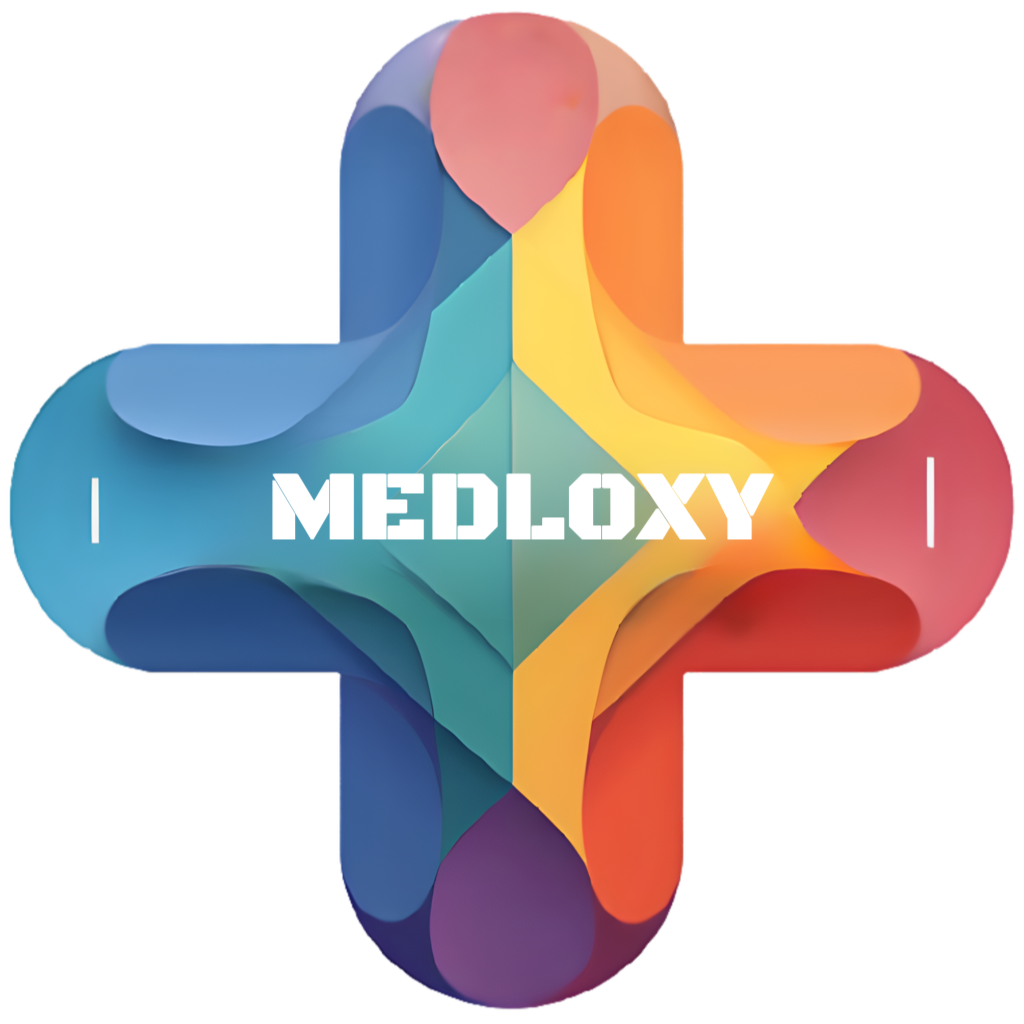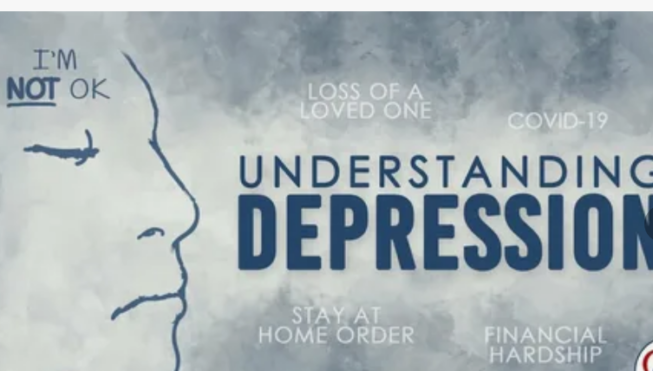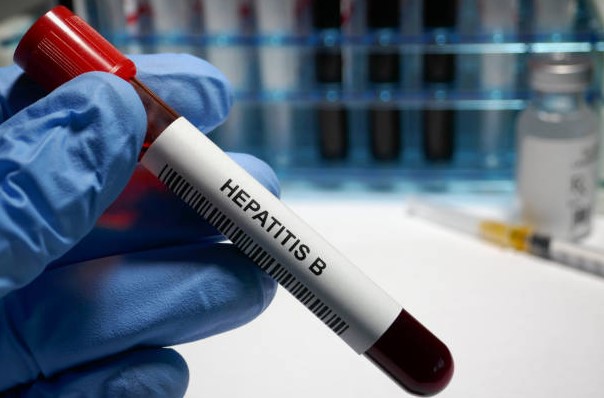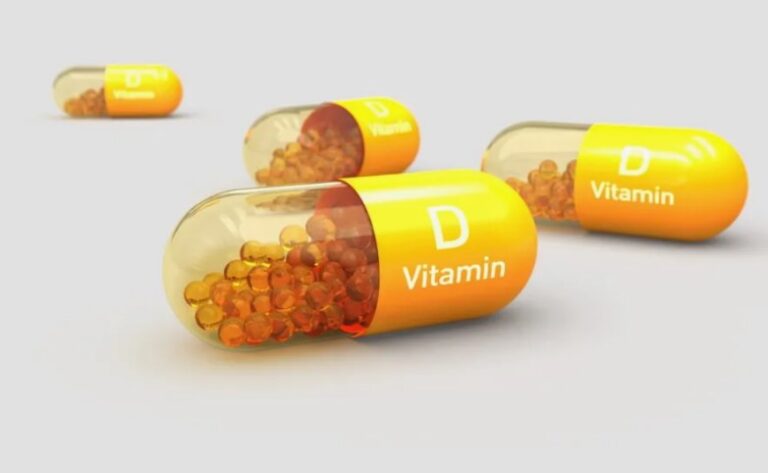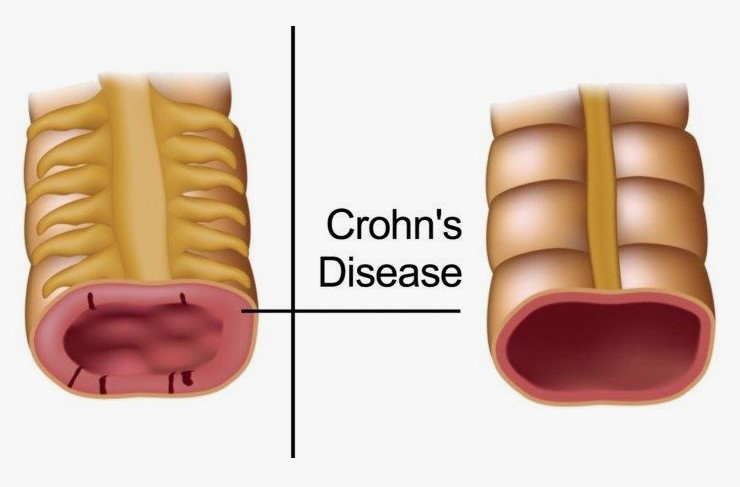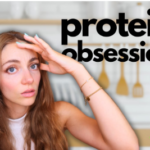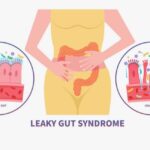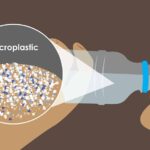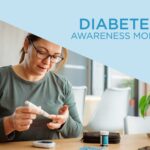The symptoms, root causes, and science-backed treatments for depression. Learn when to seek help and how to manage it effectively.
Overview
Depression is more than just feeling sad—it’s a complex mental health disorder that affects millions worldwide. According to the World Health Organization (WHO, 2023), over 280 million people suffer from depression, making it one of the leading causes of disability globally. Unlike temporary mood swings, depression persists for weeks, months, or even years, significantly impacting daily life, relationships, and physical health.
Many people dismiss depression as mere sadness or a sign of weakness, but it is a legitimate medical conditiohttps://en.wikipedia.org/wiki/List_of_diagnoses_characterized_as_pseudosciencen with biological, psychological, and social influences. Recognizing the signs early and seeking appropriate treatment can drastically improve quality of life. This guide explores the symptoms, causes, risk factors, and proven treatment options for depression, helping you or a loved one take the first step toward recovery.
Symptoms of Depression
Depression manifests differently in each person, but common symptoms include:
- Persistent sadness or hopelessness (the most common symptom)
- Loss of interest in hobbies, social activities, or sex
- Fatigue and low energy, even after adequate sleep
- Changes in appetite (overeating or undereating) leading to weight fluctuations
- Sleep disturbances (insomnia or excessive sleeping)
- Difficulty concentrating, making decisions, or remembering details
- Feelings of worthlessness or excessive guilt
- Physical symptoms like headaches, digestive issues, or chronic pain without a clear cause
- Irritability, restlessness, or angry outbursts
- Recurrent thoughts of death or suicide
If you or someone you know experiences five or more of these symptoms for at least two weeks, it may indicate clinical depression.

When to See a Doctor
While occasional sadness is normal, depression becomes concerning when it:
- Lasts more than two weeks
- Interferes with work, school, or relationships
- Leads to self-harm or suicidal thoughts
- Causes severe physical health decline
Seek immediate help if suicidal thoughts arise. Call a mental health professional, visit an emergency room, or contact a crisis hotline (such as the National Suicide Prevention Lifeline at 988).
Causes of Depression
Depression doesn’t have a single cause—it results from a combination of biological, psychological, and environmental factors.
Biological Causes
- Chemical Imbalances—Low levels of serotonin, dopamine, and norepinephrine (neurotransmitters that regulate mood) play a key role (NIH, 2022).
- Genetics—Those with a family history of depression are 2-3 times more likely to develop it.
- Brain Structure Differences—Studies show that the hippocampus (memory center) shrinks in people with chronic depression.
- Hormonal Changes—Thyroid disorders, menopause, and postpartum hormonal shifts can trigger depression.
Lifestyle & Environmental Triggers
- Chronic Stress—Long-term stress increases cortisol, which can damage brain cells.
- Trauma or Abuse—Childhood trauma, PTSD, or emotional abuse heighten depression risk.
- Substance Abuse—Alcohol and drugs disrupt brain chemistry, worsening depressive symptoms.
- Social Isolation—Loneliness and lack of social support contribute to depression.
Risk Factors
Certain factors increase vulnerability to depression:
- Family history of depression or mental illness
- Chronic illnesses (diabetes, heart disease, cancer)
- Personality traits (low self-esteem, perfectionism, excessive self-criticism)
- Major life changes (divorce, job loss, financial struggles)
- Certain medications (e.g., beta-blockers, steroids)
Complications of Untreated Depression
Ignoring depression can lead to severe consequences:
- Worsening mental health (anxiety, panic disorders, substance abuse)
- Physical health decline (weakened immune system, heart disease)
- Relationship breakdowns (social withdrawal, conflicts with loved ones)
- Suicidal thoughts or attempts (depression is a leading cause of suicide)
Early intervention is crucial to prevent these complications.
Diagnosis of Depression
Doctors use multiple methods to diagnose depression:
- Clinical Interview—Discussing symptoms, medical history, and lifestyle.
- Questionnaires—Standardized tests like the PHQ-9 (Patient Health Questionnaire-9) assess severity.
- Blood Tests—Rule out thyroid issues, vitamin deficiencies (B12, D), or hormonal imbalances.
- Psychological Evaluation—Identifying co-occurring disorders (anxiety, bipolar disorder).
A combination of these methods ensures an accurate diagnosis.
Treatment Options
Depression is treatable with a mix of medical, therapeutic, and lifestyle approaches.
Medical Treatments
- Antidepressants—SSRIs (Prozac, Zoloft) and SNRIs (Effexor, Cymbalta)—balance brain chemicals.
- Therapy—cognitive behavioral therapy (CBT)—helps reframe negative thoughts.
Lifestyle & Natural Remedies
- Exercise—Boosts endorphins and serotonin (30 minutes daily helps).
- Diet– Omega-3s (fish, flaxseeds), probiotics, and vitamin D improve mood.
- Sleep Hygiene—Consistent sleep schedules reduce depressive symptoms.
- Mindfulness & Meditation – Reduces stress and emotional reactivity.
For additional support, explore /natural-remedies-for-depression.
Final Thoughts
Depression is a serious but manageable condition. Recognizing symptoms early and seeking professional help can lead to effective recovery. Whether through therapy, medication, or lifestyle changes, hope and healing are possible.
If you or someone you love is struggling, reach out for help today. You are not alone.
